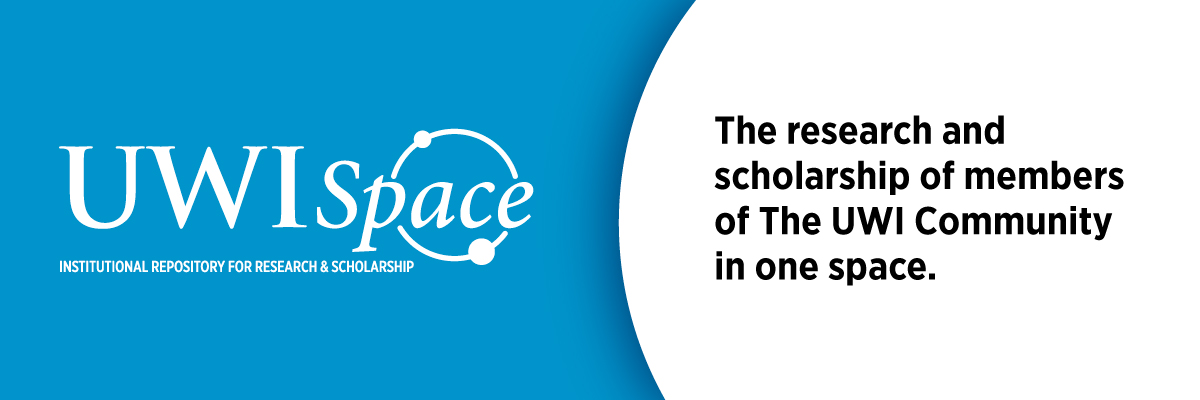Welcome to UWISpace, The University of the West Indies Institutional Repository for Research and Scholarship
This archive was established by the UWI Libraries to support the dissemination of knowledge by providing open access to the digitally preserved intellectual output of the University. Here we aim to collect together in one place the research and scholarship of members of the UWI community. UWISpace provides a platform for the collection, organisation, access and preservation of scholarly information in digital formats.
Departments and individuals wishing to deposit their research material in the UWISpace archive can email the administrators, or phone (868) 662 2002, Exts. 84419, 82241, 82215 at The Alma Jordan Library, St. Augustine Campus, Trinidad and Tobago.
All items in the UWISpace repository are protected by original copyright, with all rights reserved, unless otherwise indicated.
Courtesy: The Caribbean Charts and Engravings Circa 1555-1818. The Alma Jordan Library. The University of the West Indies, St. Augustine, Trinidad and Tobago.
Communities in UWISpace
Select a community to browse its collections.
